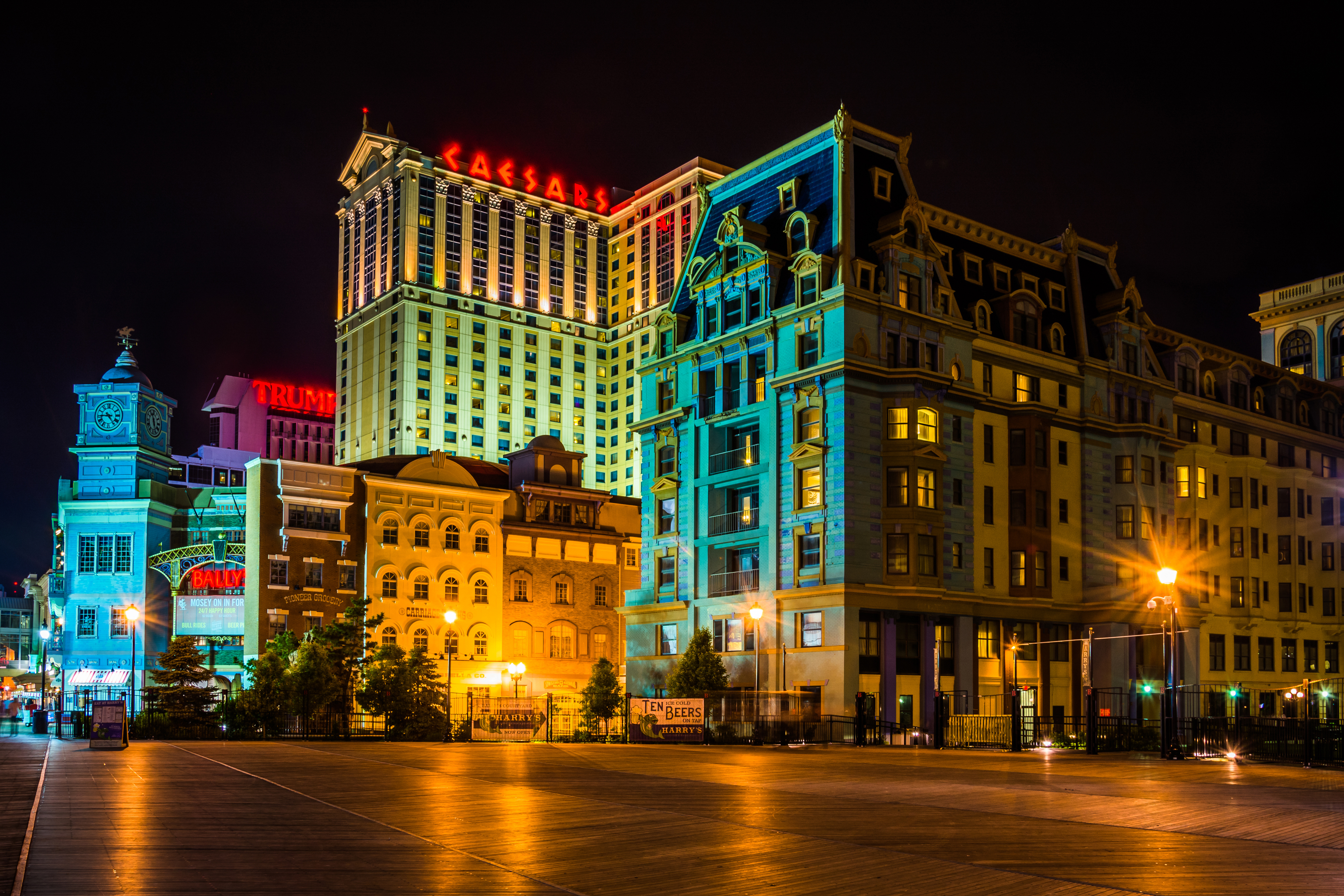Carl Icahn, billionaire investor and real estate magnate, is seeking a buyer for the closed Trump Taj Mahal casino in Atlantic City, N.J., in a bid to cut ties with the city. The casino hotel shut down last October after 26 years of operation following a worker strike.
Icahn, now a special advisor to president Donald Trump, is selling the hotel rather than investing the $100 million to $200 million necessary to keep it afloat, according to a statement left on the businessman’s website. The troubled property’s situation took a personal turn after New Jersey legislators accused Icahn of a scheme to close and shortly reopen his hotel with lower wages and fewer benefits for employees. In response, state officials passed a bill late last year prohibiting any individual who closed a casino (starting in January 2016) from holding a gambling license for five years.
The bill was vetoed Monday by New Jersey governor Chris Christie, but the message from the city was clear. Icahn is dead set on selling, citing the bill and Senate President Steve Sweeny, D-Salem, Gloucester, Cumberland, as the main reasons for vacating the property.
“I believe other large investors will similarly have no interest in investing significant amounts in Atlantic City or New Jersey as long as Sweeney is in control of the Senate,” Icahn said in a statement.

Christie also hit back against state lawmakers, saying their action was a result of “kowtowing” to union constituents, and in a letter called the bill “a transparent attempt to punish the owner of the Taj Mahal casino for making the business decision to close its doors after its union employees went on strike and refused to negotiate in good faith.”
John Burzichelli, D-Salem, Gloucester, Cumberland, a co-sponsor of the bill, said in a statement that the veto sends a different message, maintaining that businesses should not succeed at the expense of their employees.
“We want businesses to come to and we want casino gaming to flourish in Atlantic City, but we do not want casino license holders who toy with the system and harm workers,” Burzichelli said. “With this veto, that toying and harming is exactly what will be allowed. Very concerning."
Shuttered Taj Mahal AC will be sold, not reopen by Icahn. I never thought he should have bought it! What say you? https://t.co/dMjJDnDFc3
— Glenn Haussman (@TravelingGlenn) February 8, 2017
Icahn purchased $292 million of Trump Entertainment Resorts’ debt in 2015, redirecting some of it toward ownership of the company while promising $100 million in investments to the Atlantic City Taj Mahal. Now, according to his statement on stepping away from the property, he is prepared to sell the casino at a loss in order to escape. In August 2016, Icahn claimed to have lost as much as $100 million in the property after 18 months of investment.
This is not the situation Atlantic City casinos want to be in, seeing as they have been in a steady downward spiral since the closure of the Revel in September 2014, and they face the continued development of casino ecosystems in nearby New York and Pennsylvania. The city’s struggles have been met with few answers and a deck full of pointing fingers, from state and local leadership to unions and investors from out of town. But one thing remains clear: During this complicated legal and logistical back-and-forth, nearly 3,000 workers remain out of a job after the Taj Mahal’s closure. Sen. Jim Whelan, D-Atlantic, said in a statement that the property’s reopening needs to be a priority for the near future in order to help Atlantic City continue the process of rebuilding.
“At this point, I just want to see the property reopened, as either a casino hotel or a hotel,” Whelan said.

